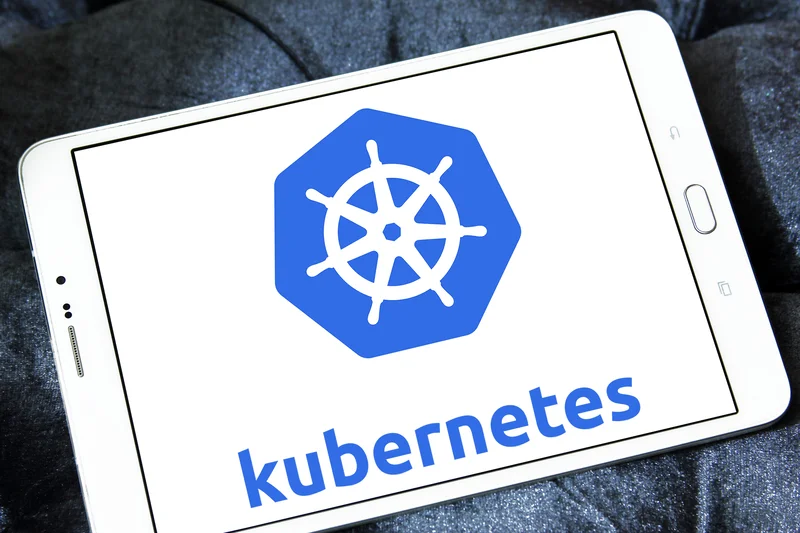Before implementing blockchain in id administration, you want to fastidiously consider features such as the placement of your personal information, prices, and supplier. Digital identification blockchain identity management management permits for trustless interplay between users and the decentralized platform on which they function. It creates an auditable path that can be used in authorized or regulatory proceedings, ought to fraud or different crimes be found at a later date. Digital identity and blockchain technology are quickly turning into mainstream matters for dialogue. This approach permits enhanced security and privacy, streamlined identification verification processes, and improved efficiency and value reduction.
- For occasion, if an individual submits proof of an attestation (a driver’s license), the verifying get together doesn’t must check the validity of knowledge within the proof.
- This is particularly significant in regions the place traditional identification methods are missing.
- This means there is just one entry level, and if the listing is compromised, will get shut down, or goes rogue, then each single user has to undergo a costly restoration course of.
Evaluation Of Identification Administration Techniques Using Blockchain Know-how
One of the most important dangers with the Elliptic Curve Digital Signature Algorithm (ECDSA) isn’t the algorithm itself but how it’s carried out. Just like different cryptographic algorithms, poor implementation practices can introduce weaknesses that hackers may exploit. One way to confirm someone’s identity without knowing who they are is through using zero-knowledge proofs.
Decentralized Id Management Utilizing Blockchain Know-how: Challenges And Solutions
For the pilot, Civic supplied a digital wallet the place the governmental identity doc was stored and digitally signed for verification functions. The pockets is run in a digital system corresponding to a smartphone, which can additionally be used to scan a QR code on a vending machine that gives beer. The merchandising machine is instructed to only dispense beer to these over the age of 21.
What Are Decentralized Identifiers?
Decentralized storage is amongst the core elements of secure id information management. In a decentralized framework, credentials are often stored instantly on the user’s gadget (e.g., smartphone, laptop) or securely held by non-public identification shops. Once identity knowledge is recorded on a blockchain, it can’t be altered without consensus. This immutability of delicate, personally identifiable information ensures that identity information stays constant and trustworthy.
Elements Of Blockchain Id Management
Decentralized identity allows firms to skip on standard Know-Your-Customer (KYC)(opens in a brand new tab) processes and authenticate user identities by way of Verifiable Credentials. This reduces the cost of identification management and prevents using pretend documentation. Decentralized identification models give customers the possibility to unlock this value, which is ready to, in turn, develop the global financial system. Companies often gather delicate details about their customers and retailer them alongside less-sensitive routine business data. This creates new business risks with the rise of user privacy-centric rules corresponding to GDPR and the shifting industry focus to company IT duty.

As a end result, there is an increase within the amount of private data added online and information to manage. The typical particular person has one hundred passwords, and their security threat rises with the number of accounts they create. Think of it because the gatekeeper that makes certain only approved users acquire access to sensitive data and resources. From multi-factor authentication to biometric scans, id management employs numerous instruments to find a way to safeguard digital identities, thus defending both people and organizations from cyber threats.
To improve our community’s learning, we conduct frequent webinars, coaching periods, seminars, and occasions and offer certification programs. This places the individuals in a dangerous social situation because they can’t possess any property, open a checking account, get employment, or cast a ballot. Decentralized identifiers are the explanation attestations are self-controlled and verifiable. Even if the issuer does not exist anymore, the holder always has proof of the attestation’s provenance and validity. These traditional examples of identifiers are issued, held and managed by central entities.
Currently, the only “top-down” implemented use case of a (partly) blockchain-based national identity is Estonia which has established one of the most technologically superior national ID-card systems. Instead of relying on centralized authorities to issue and management identities, DIDs enable people to have full ownership and control over their digital identities. Dock’s skilled group has developed cutting-edge blockchain-based options that empower organizations and individuals to create, control, absolutely own, and handle their digital identities.
Read on to discover the steps needed to successfully implement blockchain in id administration. As blockchain grows in reputation, it will need to assist a massive quantity of customers while sustaining quick transaction speeds. Interoperability, on the opposite hand, refers to the capability of different blockchain networks or systems to communicate and work together seamlessly. Once information is added to a blockchain, it can never be completely deleted or altered, which is why it is essential to by no means add personally identifiable information on a blockchain. Verifiable Credentials are a digital, cryptographically secured version of each paper and digital credentials that individuals can present to organizations that want them for verification. Identity documents like passports, IDs issued by the government, and driver’s licenses can be issued as Verifiable Credentials.

When solely under the control of the person, identities are thought of self-sovereign. This, in flip, means the consumer can both totally management access to the data with out having to fret about access being revoked. Data beneath the user’s control makes the information more interoperable, permitting the person to make use of information on multiple platforms, use the knowledge for different functions, and protect the consumer from being locked into one platform. Regulations such because the EU General Data Protection Regulation (EU GDPR) strengthen id requirements that require modern id solutions. Governments look in the direction of distributed ledger technology to bestow identities to the unidentified and to guard citizen’s personally identifiable information. Attribution is critical in the processes of possession, and SSI makes it potential to attribute your on-line information to your DID.

According to the DID’s controller, a DID may be about something, similar to a person, group, data mannequin, abstract object, etc. DIDs have been designed to be unbiased of centralized registries, identification suppliers, and certificates authorities, enabling users to prove ownership of their digital footprint with out requesting permission from a third celebration. Decentralized identity might help substitute password-based logins with decentralized authentication. Service providers can concern attestations to customers, which may be stored in an Ethereum wallet. An instance attestation would be an granting the holder entry to an online group.
This forward-looking method ensures that identity options stay related, resilient, and on the forefront of technological advancements. Adopting blockchain is not just an upgrade; it’s a commitment to sustained innovation and adaptability within the ever-evolving digital id panorama. This allows for greater management over personal knowledge and helps build trust within the total id administration course of. With well-developed chaincodes, organizations can streamline their id verification processes whereas sustaining data integrity on the distributed ledger. Undeniably, implementing blockchain for id management holds the promise of revolutionizing how we verify and protect identities in the digital realm. Organizations can establish a strong id administration system that ensures the integrity and privacy of delicate personal data by leveraging the decentralized and immutable nature of blockchain.